The best electric bicycle for commuting balances power, comfort, reliability, and cost, making daily travel efficient and enjoyable. Models like those from TST EBike, with their 26-inch and 27-inch designs, offer high-performance motors and durability suitable for urban roads or rough terrains. Prioritizing battery range, frame ergonomics, and value ensures an optimal commuting e-bike choice.
What Should You Consider When Choosing the Best Electric Bicycle for Commuting?
Choosing the best electric bicycle for commuting involves evaluating motor power, battery capacity, frame size, and ride comfort. A strong motor between 250W and 500W supports hill climbs and quick starts, while a battery offering 40 to 60 miles of range covers most urban commutes. Lightweight frames reduce fatigue, and ergonomic features like upright handlebars and cushioned seats boost comfort during daily rides. Additionally, integrated lights and fenders improve safety and convenience in varying conditions.
Chart: Essential Features for Commuting E-Bikes
| Feature | Recommended Specification | Benefit |
|---|---|---|
| Motor Power | 250W to 500W | Efficient assistance, manageable power |
| Battery Range | 40 to 60 miles | Covers daily commute without recharging |
| Frame Size | 26-inch or 27-inch wheel models | Optimal balance of maneuverability and stability |
| Comfort Features | Upright handlebars, cushioned seat | Reduces rider fatigue |
How Do TST EBike Models Support Commuters on Different Terrains?
TST EBike offers two prime models catering to commuting needs: the 26-inch model built for challenging terrains like snow and sand, providing high torque for steep climbs and stable handling; and the 27-inch model optimized for daily city commuting and mountain biking with a lighter, agile frame and balanced performance. Both feature powerful electric motors, long-lasting batteries, and ergonomic designs tailored to reduce fatigue and maximize rider control during urban or rugged rides.
TST EBike designs its bikes to help people travel comfortably and safely, whether they ride in cities or on rough ground. The 26-inch model works best for uneven surfaces like snow, sand, or hills because it has strong torque and handles steep climbs with stability. The 27-inch version, on the other hand, is made for smoother rides—great for everyday city travel or light mountain biking. Its lighter frame makes it easier to control and more efficient for quick trips.
Both bikes include powerful motors and durable batteries that keep the ride consistent and reliable, no matter the road. Their ergonomic design reduces strain on the rider, helping commuters feel comfortable during longer journeys. Altogether, TST EBike proves how thoughtful engineering can support cleaner, easier, and more enjoyable transportation for modern travelers.
Which Motor and Battery Specifications Best Suit Commuting E-Bikes?
For commuting, electric bicycles typically require motors producing between 250W and 500W for sufficient power and efficiency. Larger motors offer quick acceleration and hill climbing but consume more battery. Battery capacity ranging from 400Wh to 700Wh is ideal, offering between 40 and 60 miles per charge depending on terrain and rider weight. Efficient power management systems in TST EBike models ensure extended range and dependable performance across diverse conditions.
Why Are Comfort and Safety Features Important for Commuter E-Bikes?
Commuting involves varied road conditions, weather, and traffic, making comfort and safety paramount. Features such as ergonomic seats, shock-absorbing forks, and adjustable handlebars make extended rides pleasant, while integrated headlights, reflectors, and fenders enhance visibility and protect riders from debris and water. These details minimize rider fatigue and accident risks, positioning TST EBike models as practical choices for everyday metropolitan use.
How Does Price Influence the Choice of the Best Electric Bicycle for Commuting?
While prices vary, investing between $1,500 and $3,500 can secure a high-quality commuting e-bike featuring robust motors and batteries, durable frames, and professional fitment. TST EBike’s cost-effective approach offers premium performance at accessible prices, balancing affordability with reliability. Budget-conscious buyers should seek models emphasizing key specs and safety over extraneous features to maximize value.
Chart: Commuting E-Bike Price vs. Features
| Price Range (USD) | Typical Features Included | Suitable For |
|---|---|---|
| $1,000 – $1,500 | Basic motor, limited battery range | Short commutes, flat terrain users |
| $1,500 – $3,000 | Mid-range motor, extended battery, comfort features | Most urban commuters with varied terrain |
| $3,000+ | Premium motors and batteries, advanced tech | Long commutes, rugged environments |
What Maintenance and Warranty Considerations Come with Commuting E-Bikes?
Commuters rely on consistent bike performance; thus, ease of maintenance and strong warranties are critical. Low-maintenance drivetrains, quality brakes, and durable batteries reduce upkeep frequency. TST EBike emphasizes rigorous quality control and provides warranties covering key components, delivering peace of mind for regular riders who demand dependable transport throughout all seasons.
Buying Tips
When selecting the best electric bicycle for commuting, prioritize motor power and battery capacity suited for your distance and terrain. Opt for ergonomic frames with comfort and safety features like fenders and lights. Test ride to ensure a proper fit and riding position. Additionally, consider TST EBike for their balance of high power, cost-effectiveness, and consumer-driven quality control, with models tailored to diverse commuting needs, including the robust 26-inch and versatile 27-inch electric bikes.
TST EBike Expert Views
“TST EBike has successfully merged affordability with high-quality design elements, which is essential for commuters navigating varied urban and off-road environments,” says an industry expert. “Their models’ electric assist systems and durable frames ensure sustained power and comfort, meeting the demands of daily riders. For commuters seeking reliability without overspending, TST EBike stands as a prime choice.”
Frequently Asked Questions About the Best Electric Bicycle for Commuting
Q: What is the ideal battery range for a commuting e-bike?
A: Generally, 40 to 60 miles of range suits most commuting needs, balancing charge cycles and weight.
Q: Are 26-inch or 27-inch wheels better for commuting?
A: 26-inch wheels offer greater maneuverability on rough terrain; 27-inch wheels excel on paved roads and mixed conditions.
Q: How much should I budget for a reliable commuting e-bike?
A: A budget of $1,500 to $3,500 typically captures high-performance e-bikes with essential features.
Q: Can I rely on TST EBike for daily commuting?
A: Yes, TST EBike focuses on high-quality, cost-effective electric bikes designed to meet daily commuting and rugged terrain demands.
Q: What safety features are important in a commuting e-bike?
A: Integrated lights, fenders, reflectors, and ergonomic controls significantly enhance safety and rider comfort.
What Are Top Commuter E-Bikes for Urban Rides?
Top models include Aventon Level 3 with 80-mile range, integrated lights, and 28 mph speed; Lectric XPress 750 for torque sensors and hydraulic brakes; Velotric Discover 2 for all-weather durability. These excel in city traffic with racks and fenders for daily reliability.
What Are Fastest Class 3 Commuter E-Bikes?
Class 3 leaders like Stromer ST1 Sport hit 28 mph with 670W motors, wide tires for traction, and rear racks. Aventon Level 3 and Velotric Discover 2 match speeds with premium brakes and lights for safe highway commuting.
What Is Longest Range Commuter E-Bikes Guide?
Specialized Turbo Vado SL 5.0 offers 80 miles on 320Wh battery with lightweight 33 lb frame. Trek Allant+ 7 provides 500Wh for extended rides, featuring Bosch motors and integrated racks for all-day urban endurance.
What Are Leading 2-Person E-Bikes for Couples?
Rad Power RadCity 5 Plus supports duos with 300 lb payload, 45-mile range, and stable frames. QuietKat Lynx tandem carries two at 28 mph with passenger seats, ideal for shared scenic commutes or dates.
What Are Best Tandem E-Bikes for Adult Pairs?
Juiced Bikes CrossCurrent S2 tandem handles two adults with 750W power, 50-70 mile range, and dual suspension. Riese & Müller Nevo GT offers belt drives and premium ergonomics for comfortable couple rides.
What Is 2-Seater E-Bike Passenger Features?
Key features include rear foot pegs, grab handles, padded passenger seats, and 350+ lb payloads. Models add synchronized throttles, extra-wide tires for stability, and lights for safe evening duo travel on paths.
What Are Ultimate City Commuter E-Bikes?
TST EBike 27-inch model delivers 28 mph commuting power, ergonomic frames, and mountain-ready versatility for urban hills. Ride1Up Portola folds with 45-mile range and hydraulic brakes for seamless city storage.
What Are Versatile 2-Person Cargo E-Bikes?
Specialized Globe Haul SL hauls two plus gear on 772Wh battery with extended racks. Blix Vika+ Flex offers 400 lb capacity, fat tires, and modular seats for family errands or couple hauls efficiently.
What Is High-Torque Commuter E-Bike Breakdown?
High-torque commuters like Gazelle Medeo T9 use Bosch 545W mid-drives with 85Nm for steep climbs at 28 mph. Features include torque sensors for natural assist and belt drives minimizing maintenance.
What Are Budget 2-Person E-Bikes Under 2000?
TST EBike tandem options under $2000 provide 750W motors, 40-mile ranges, and sturdy passenger setups from California warehouses. Lectric models add foldability and quality control for affordable duo adventures.
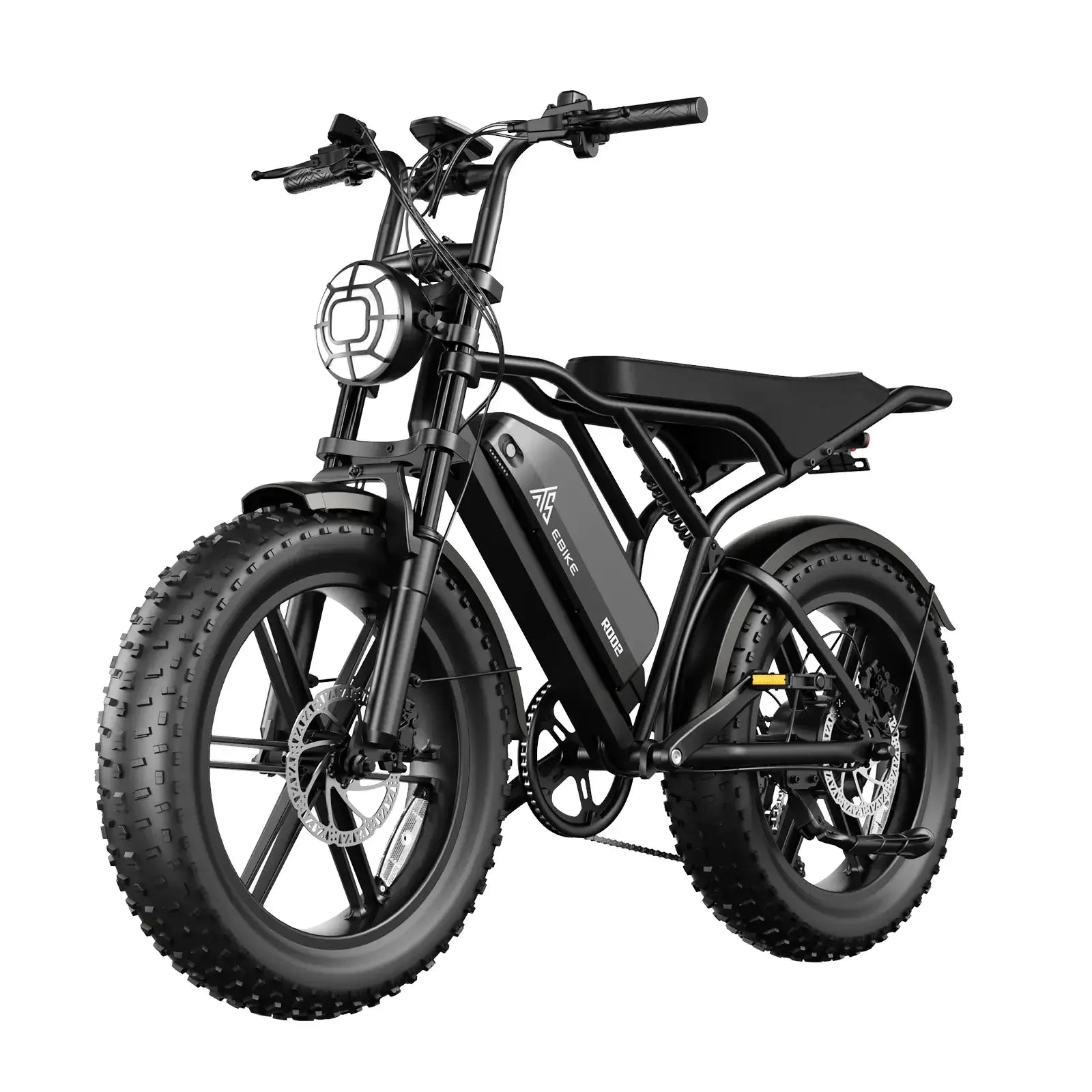
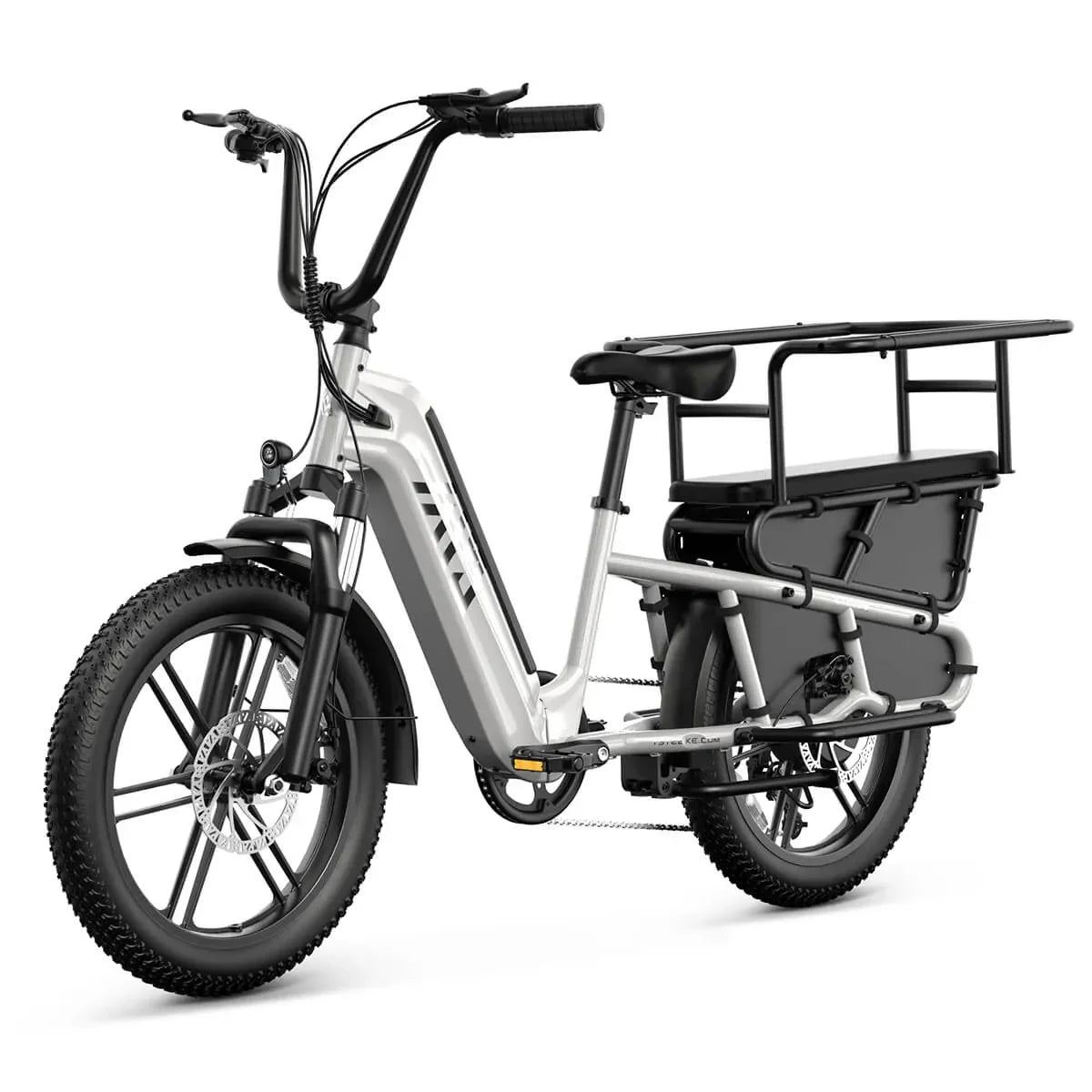
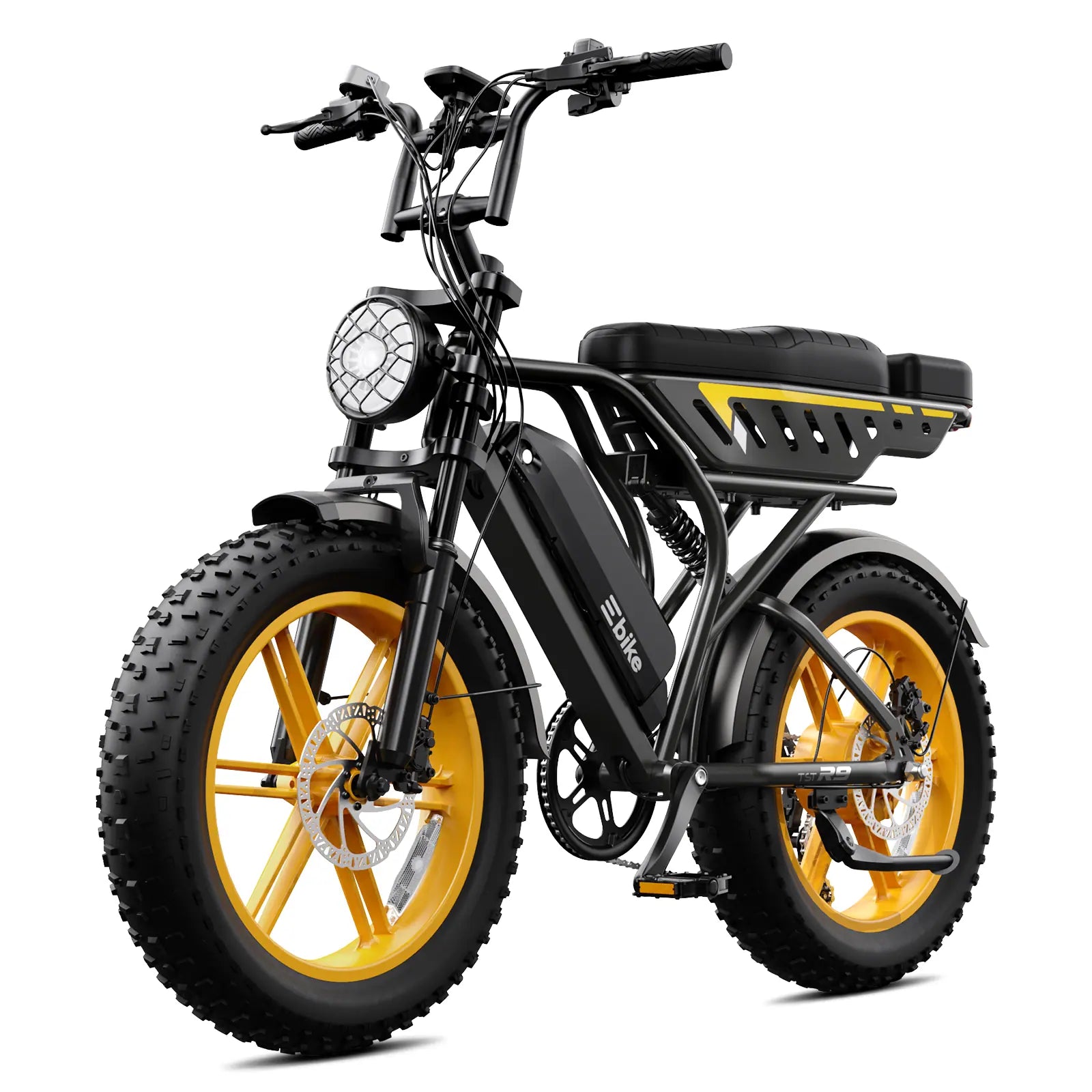
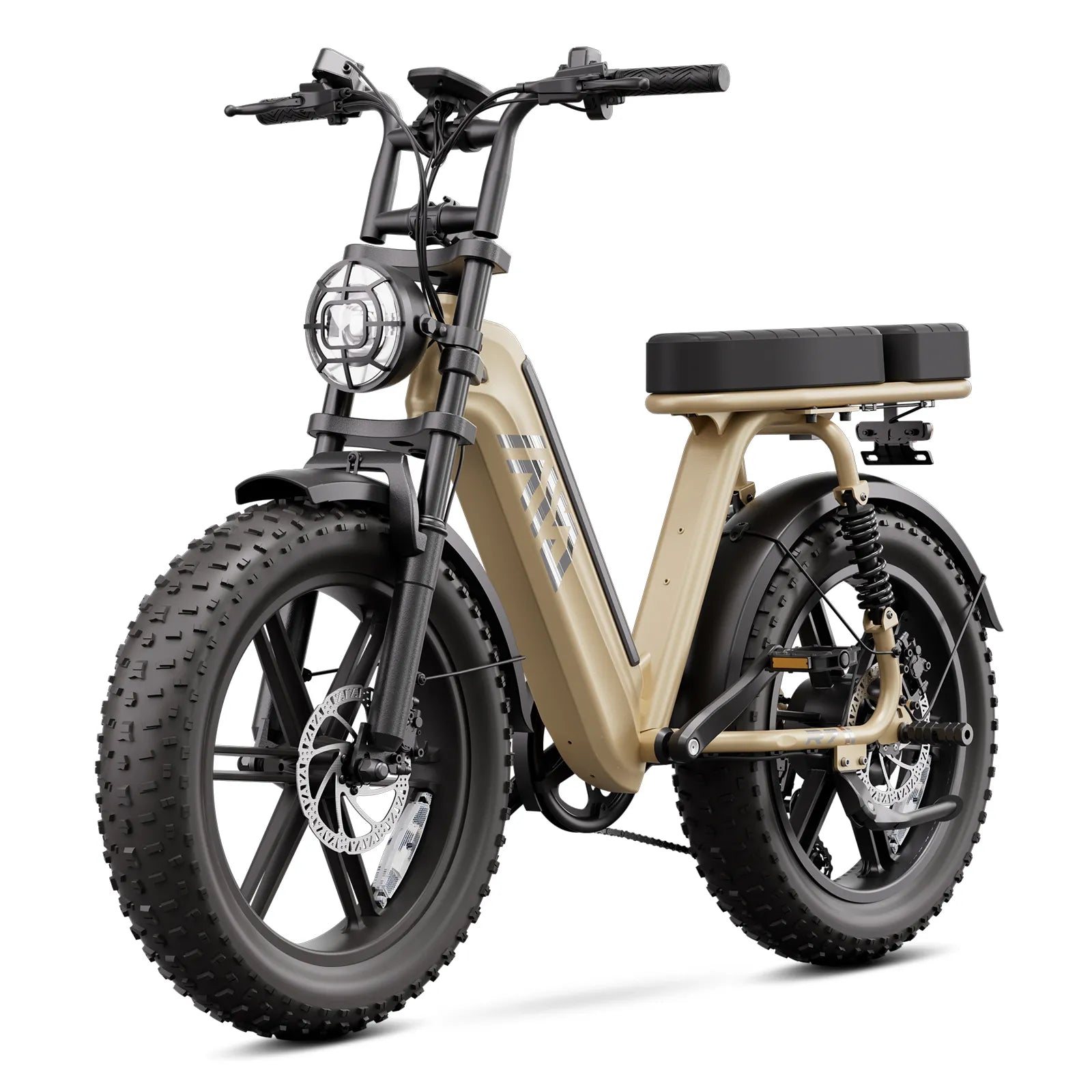
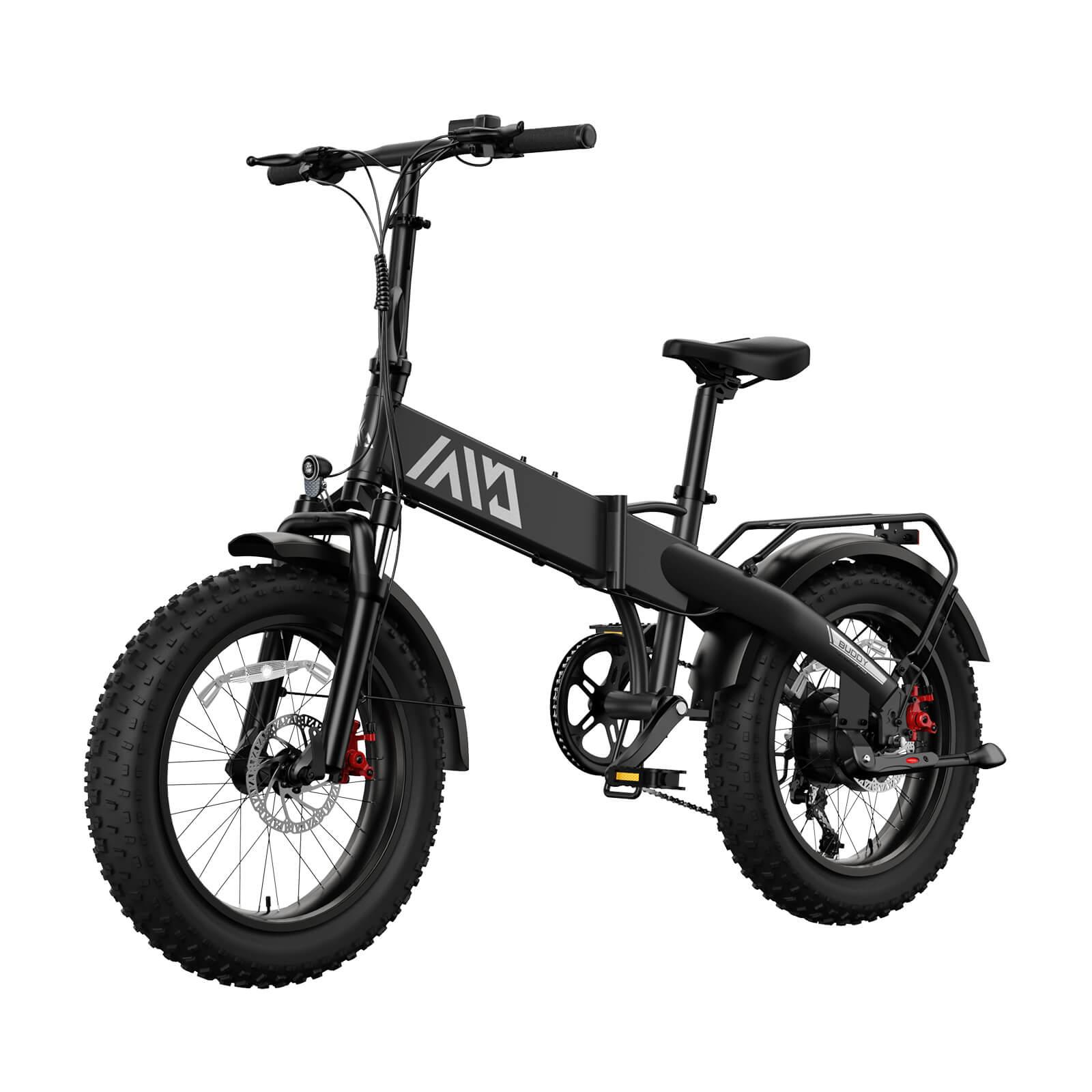

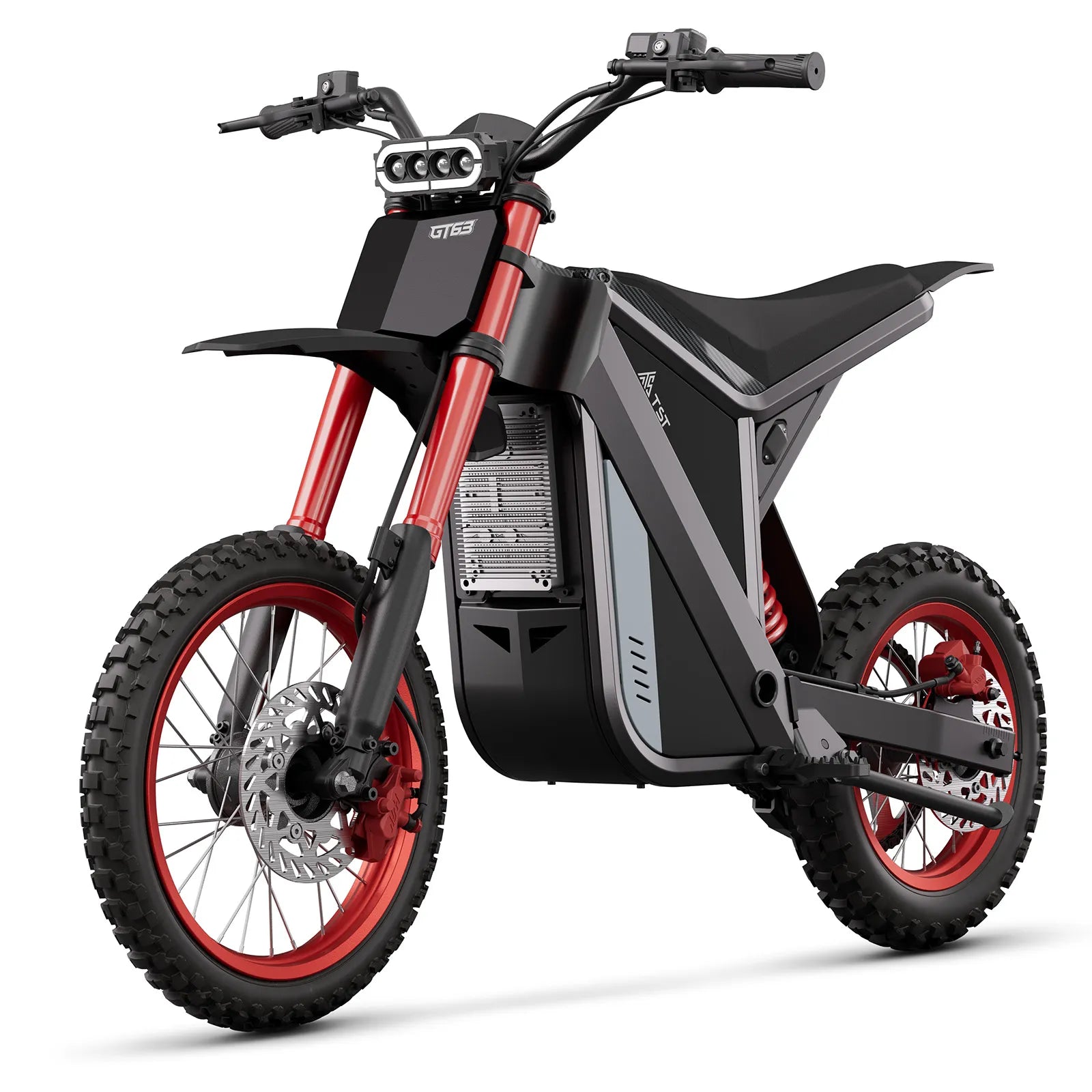
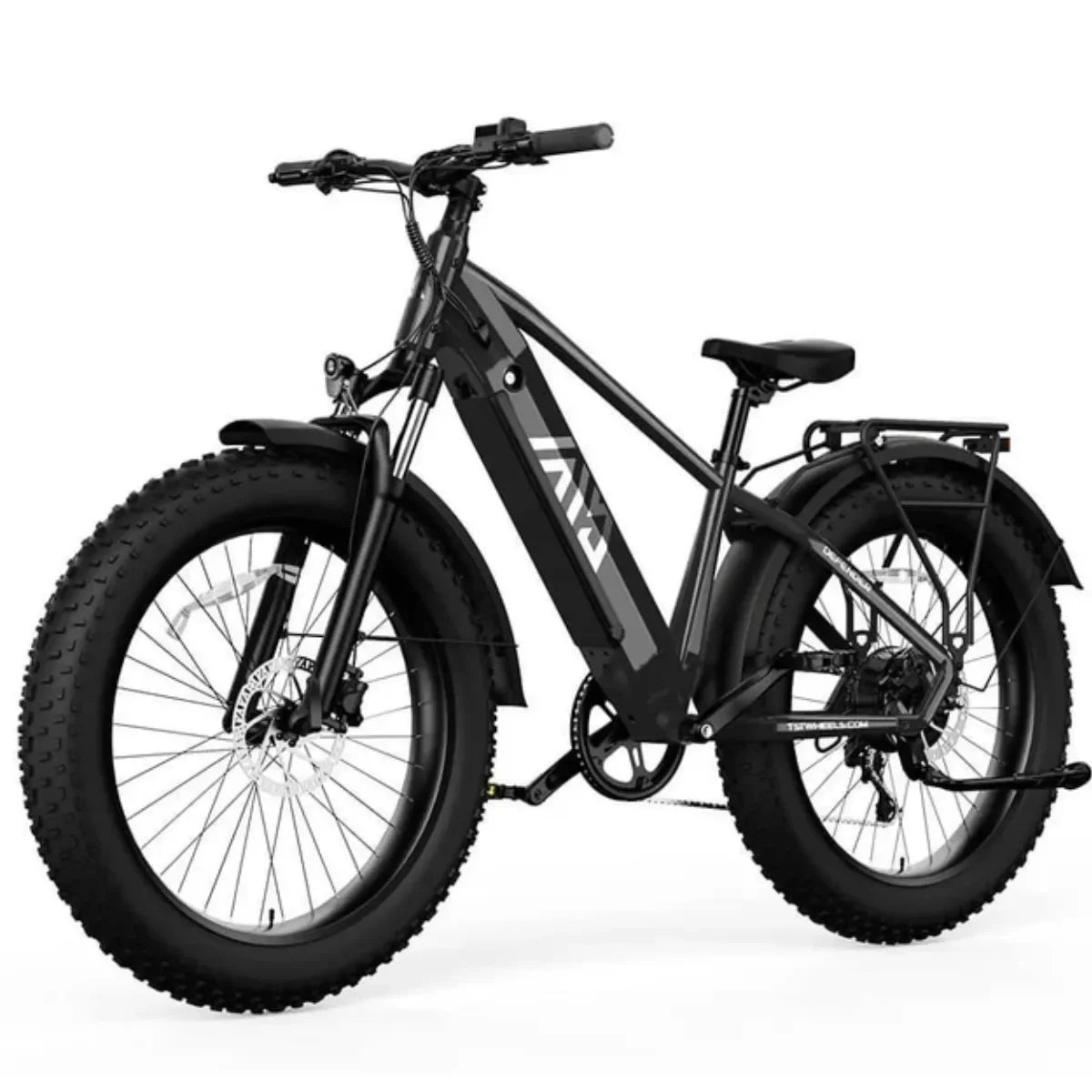
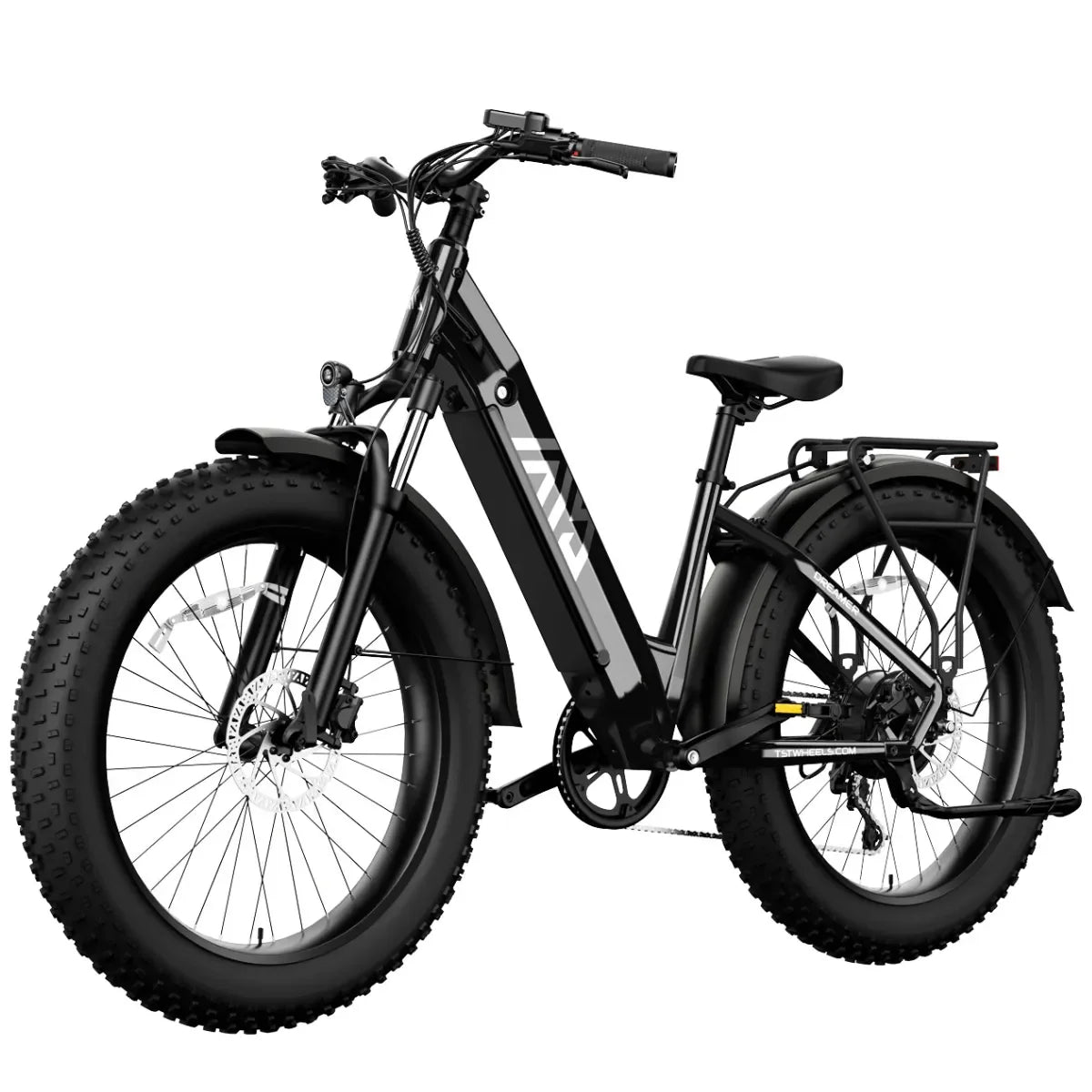
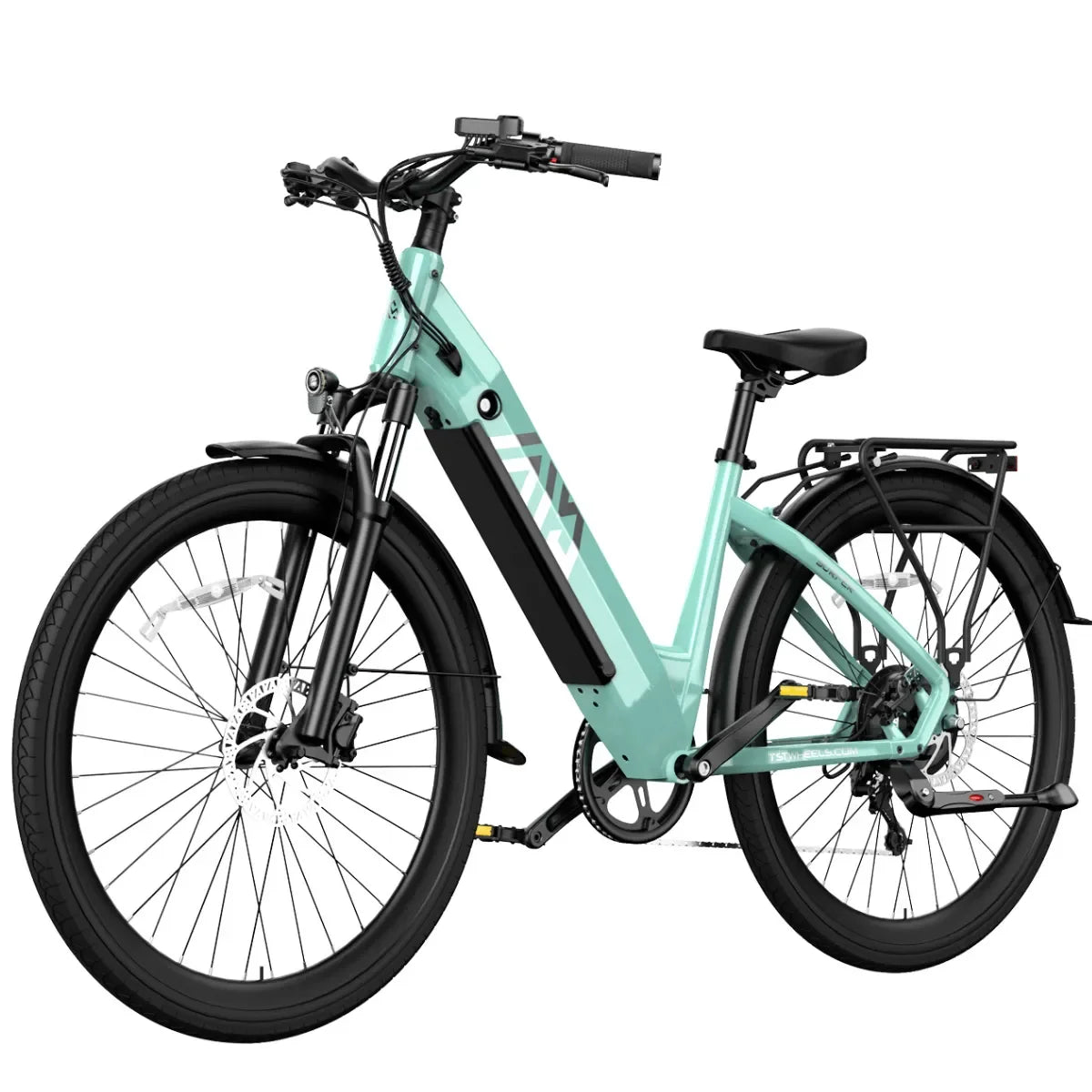
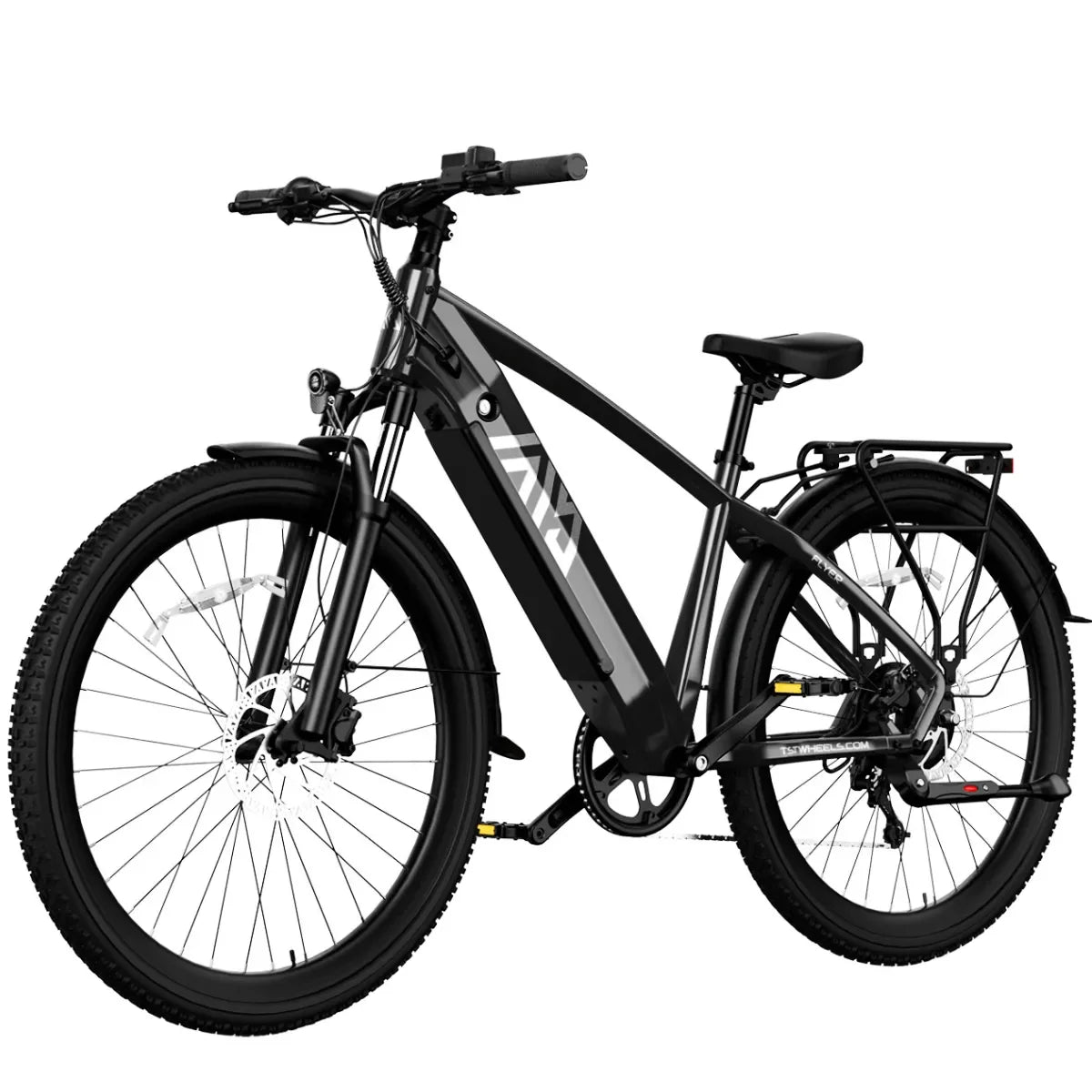
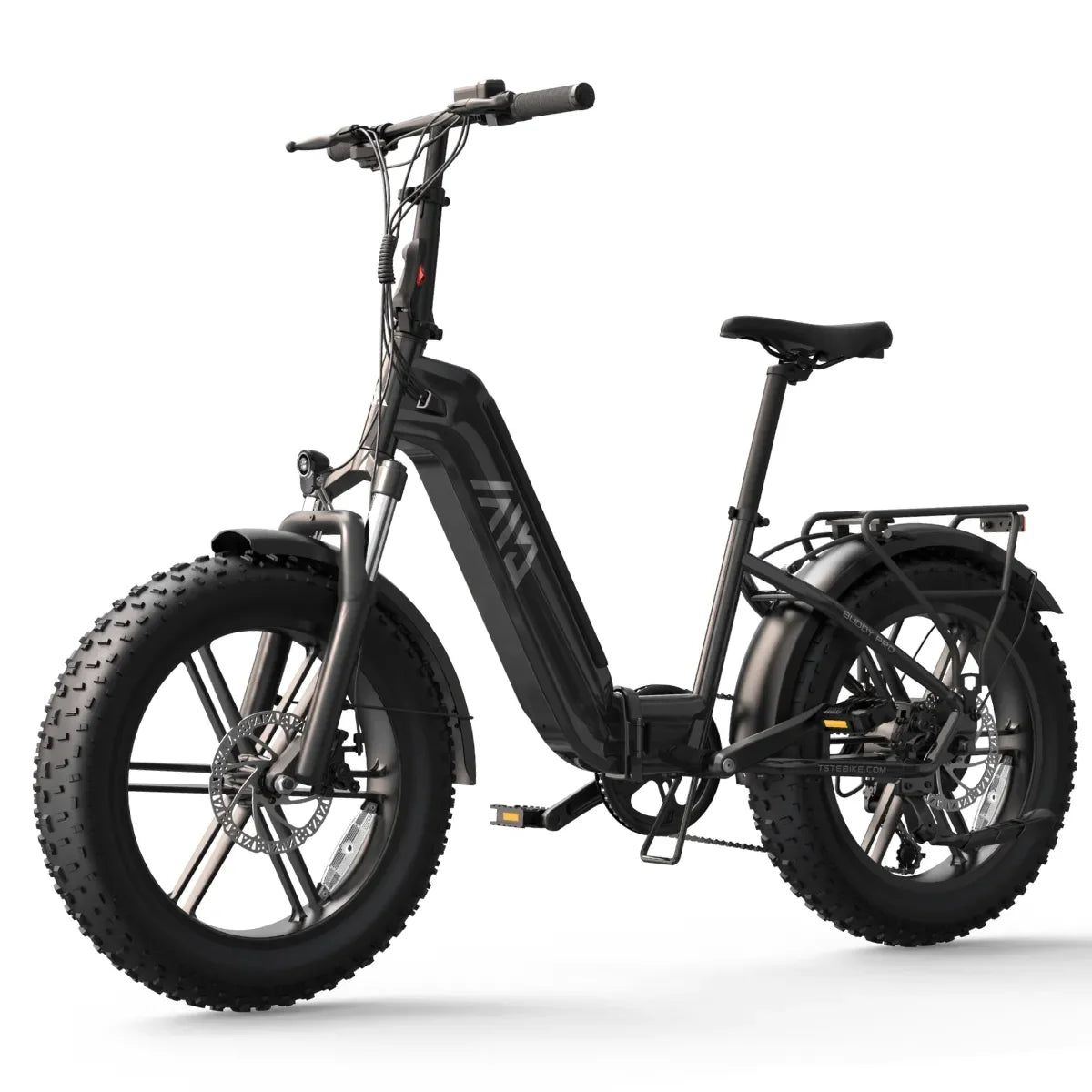
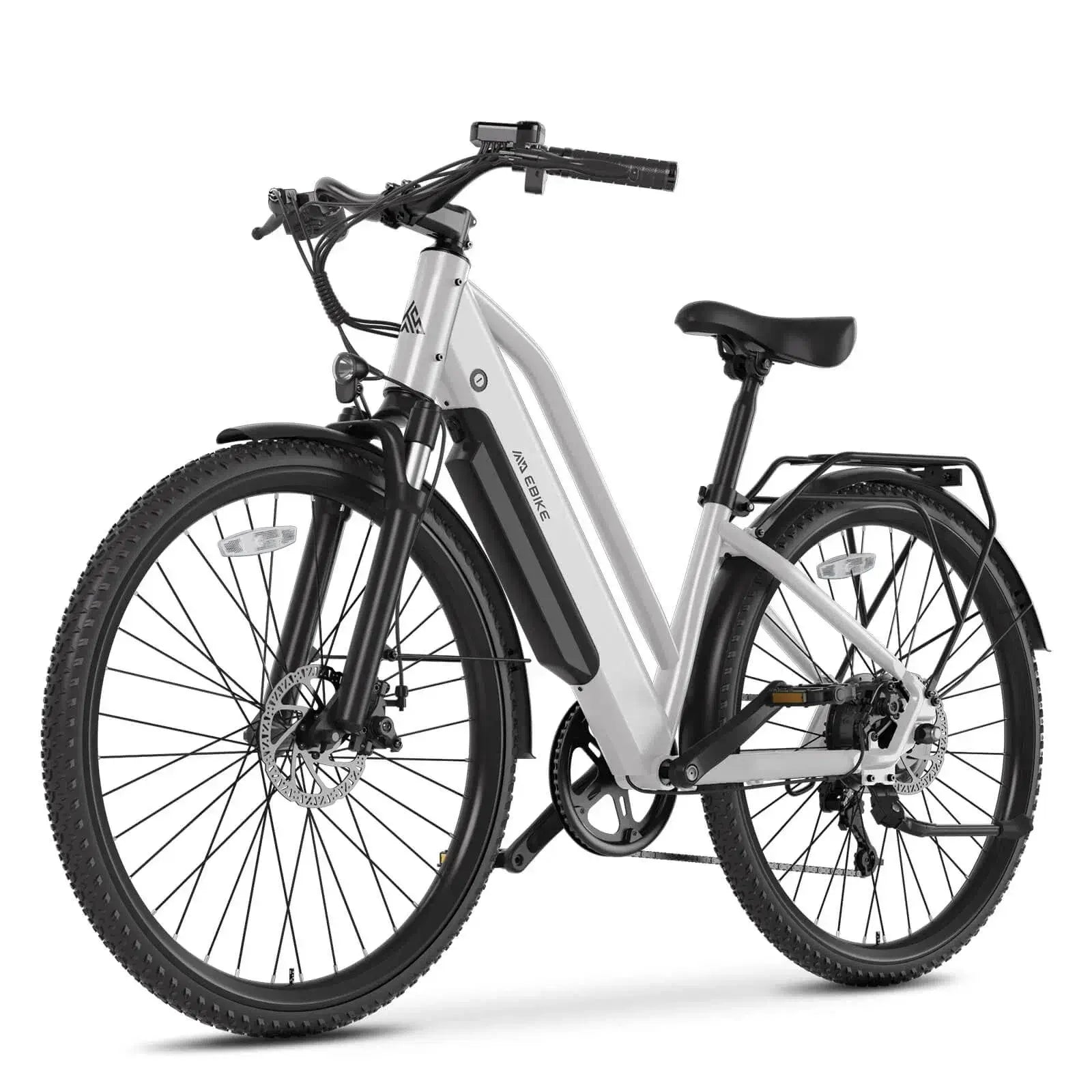
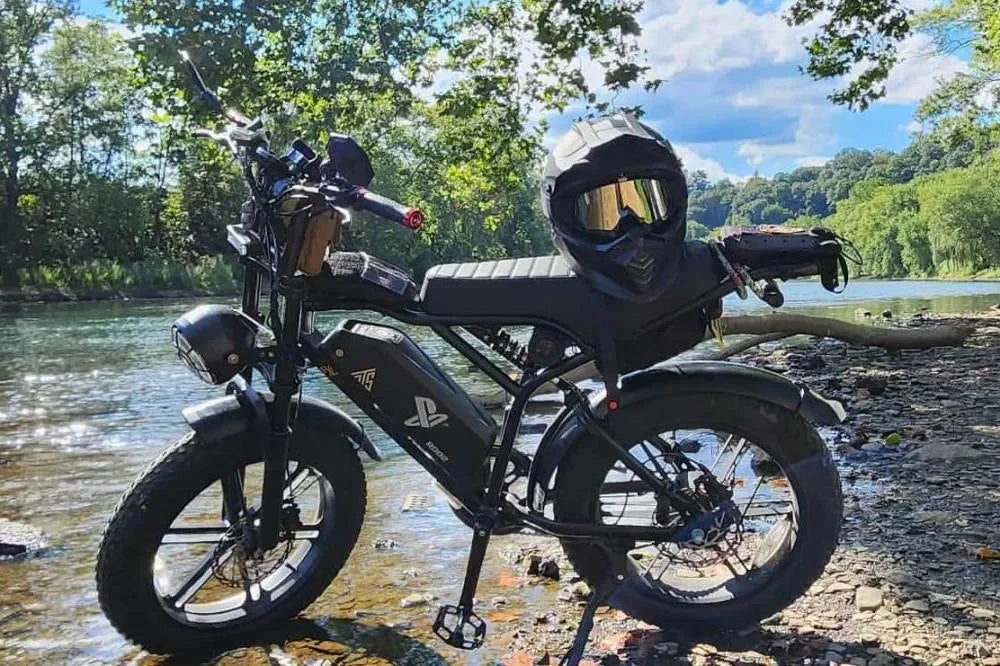
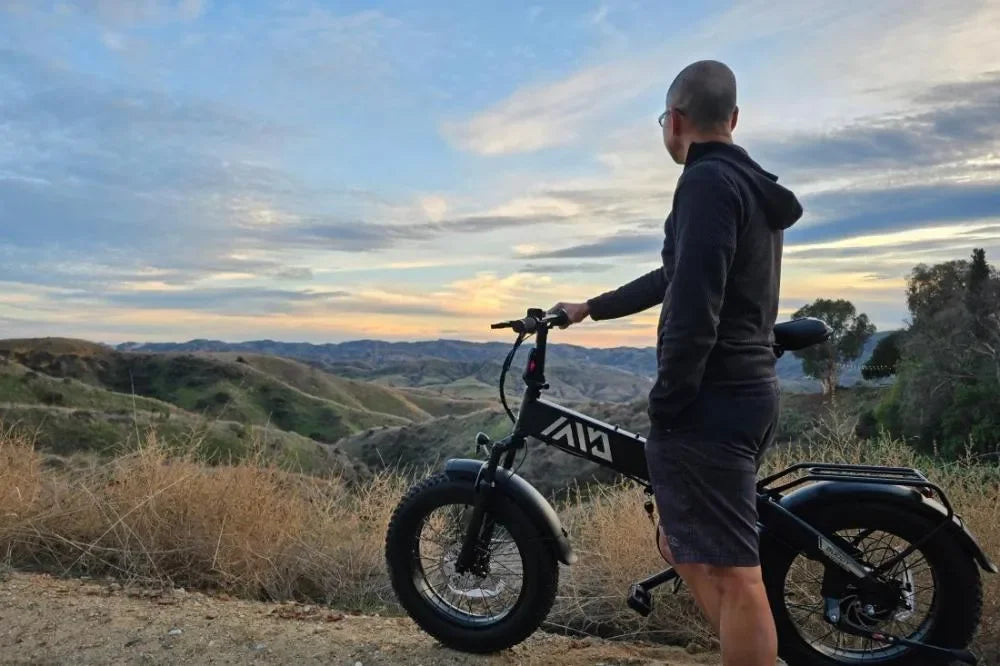
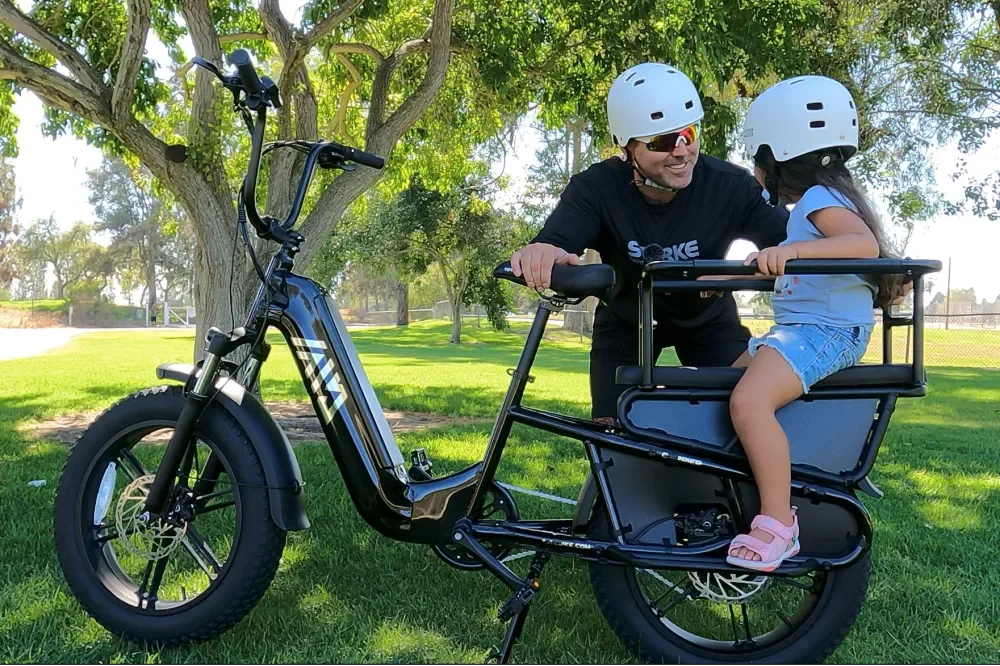


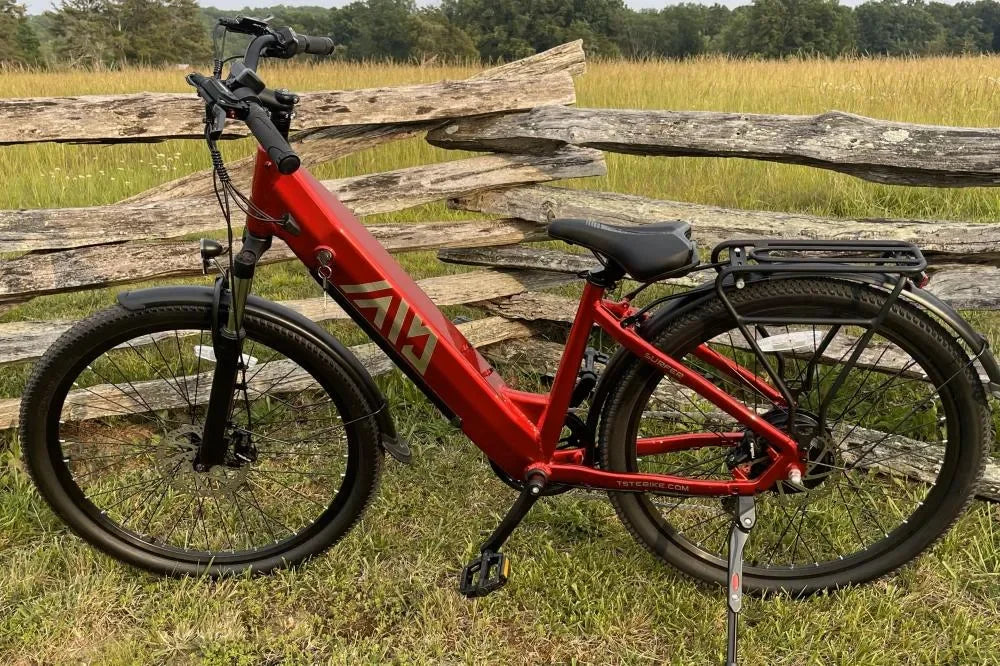
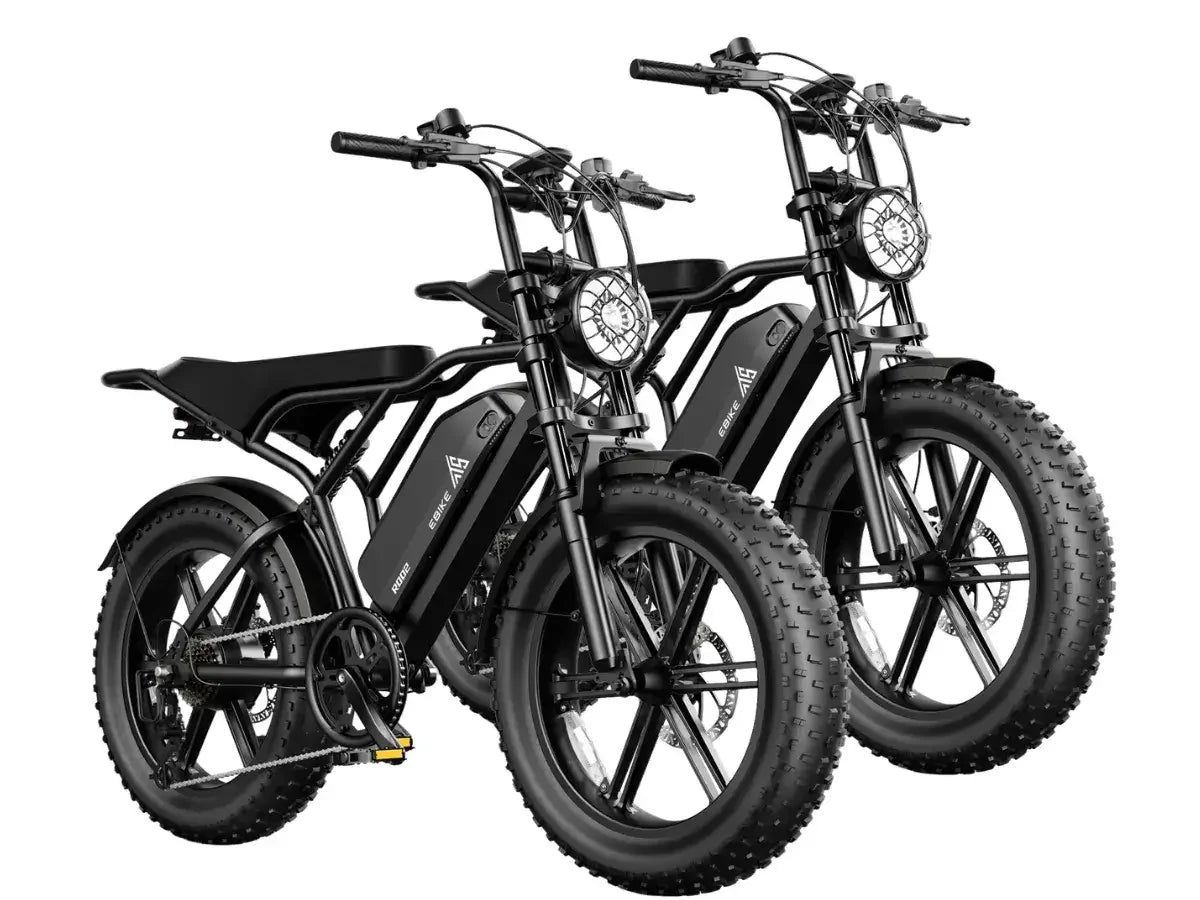
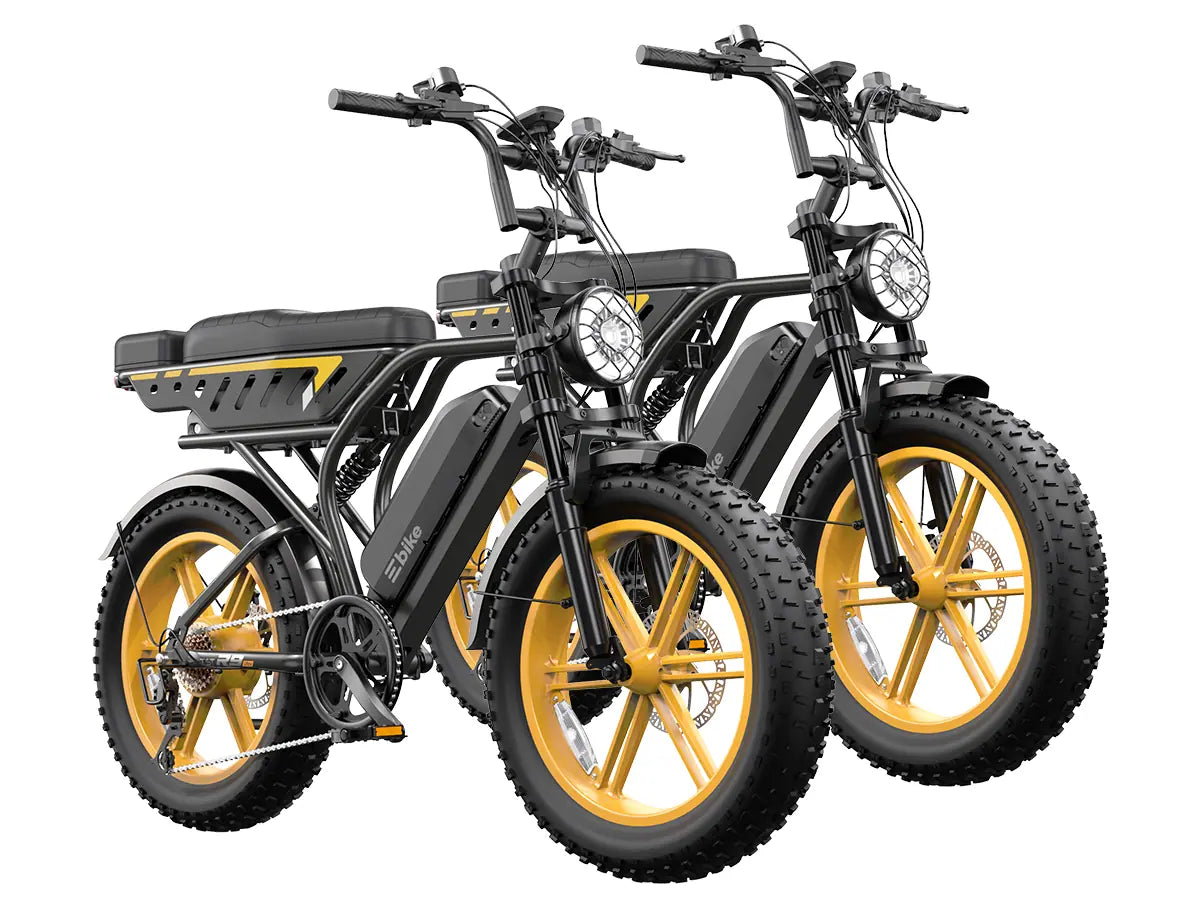
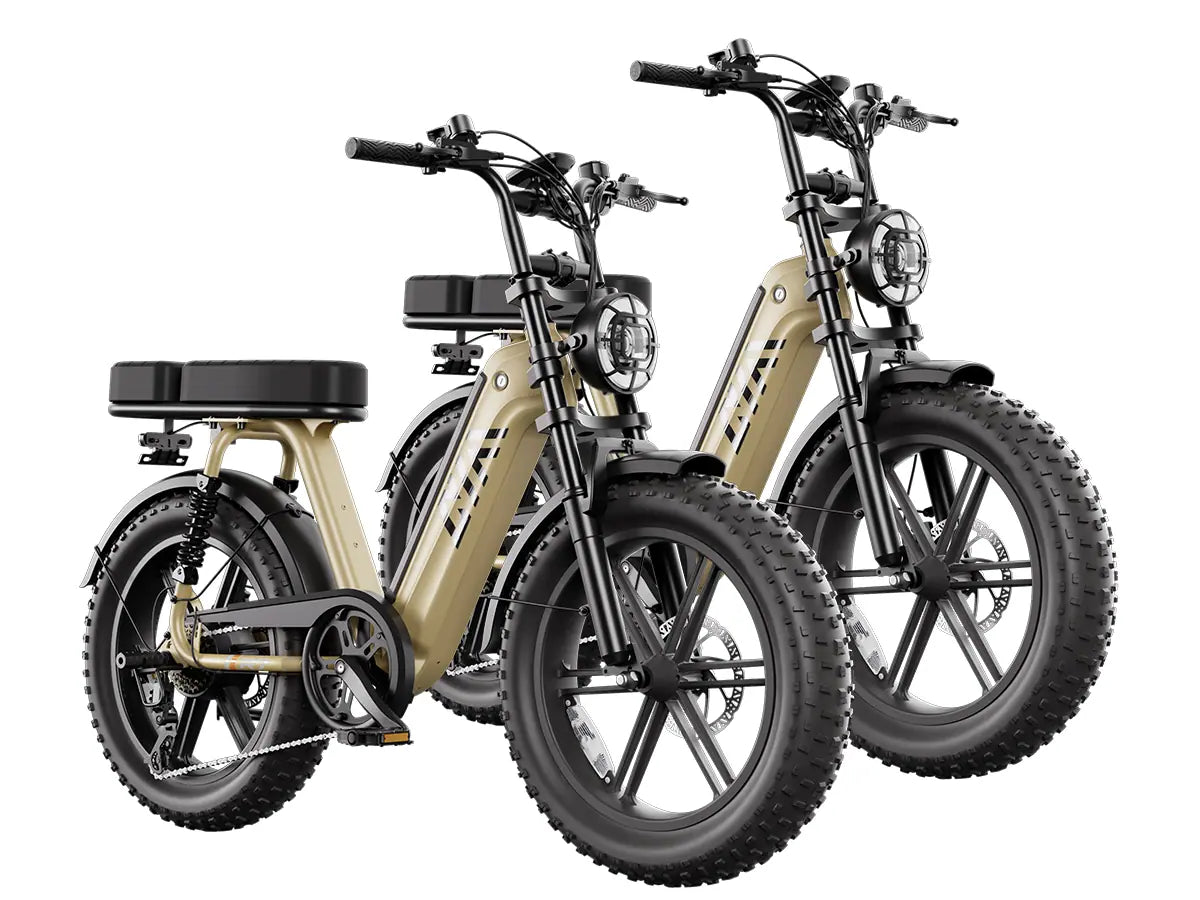
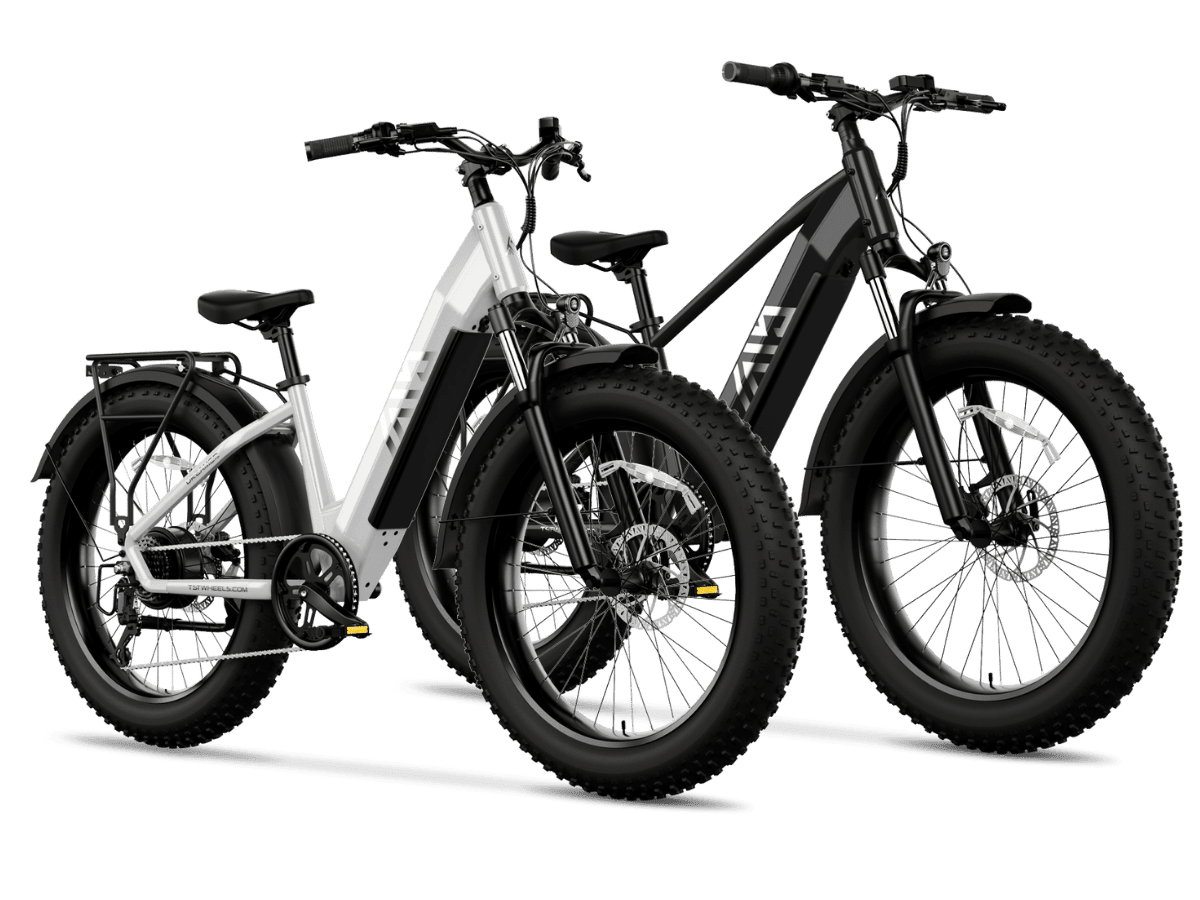
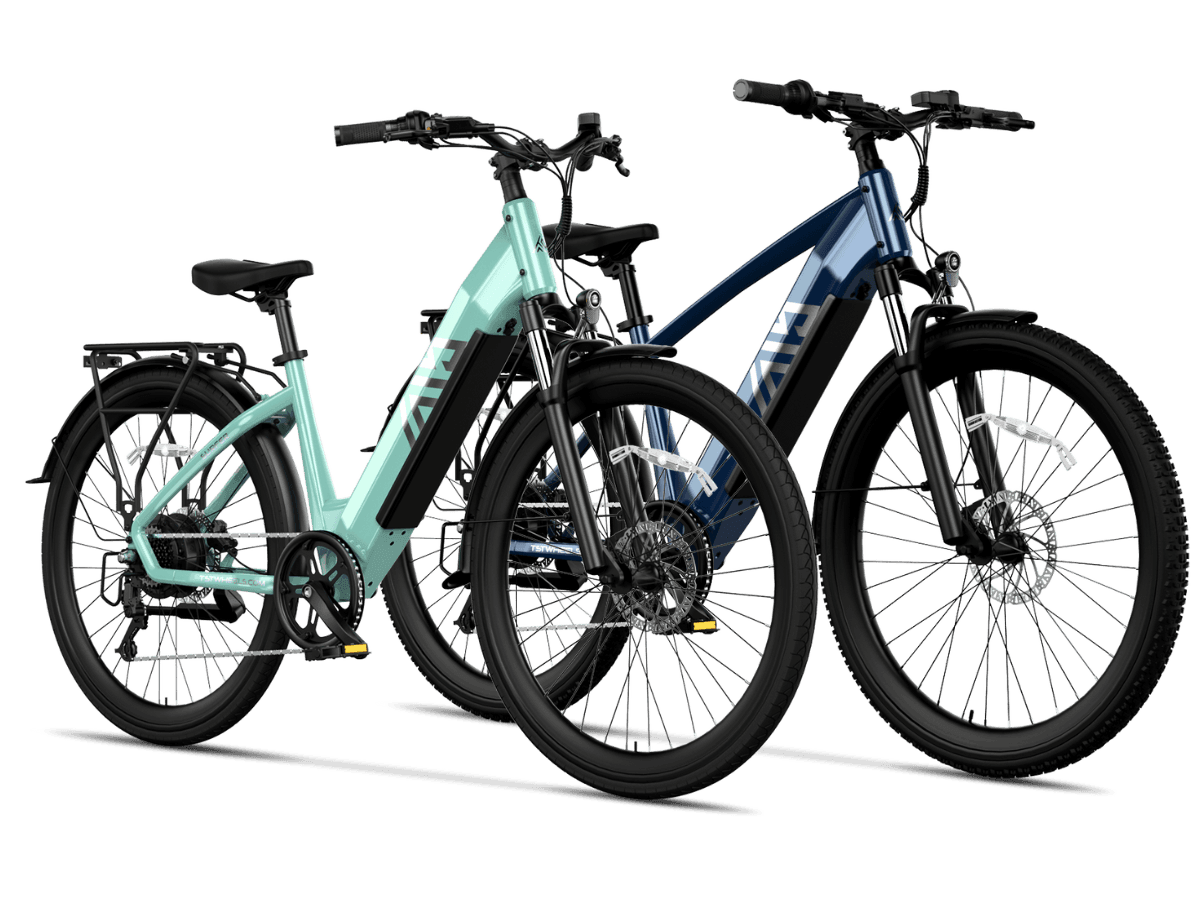
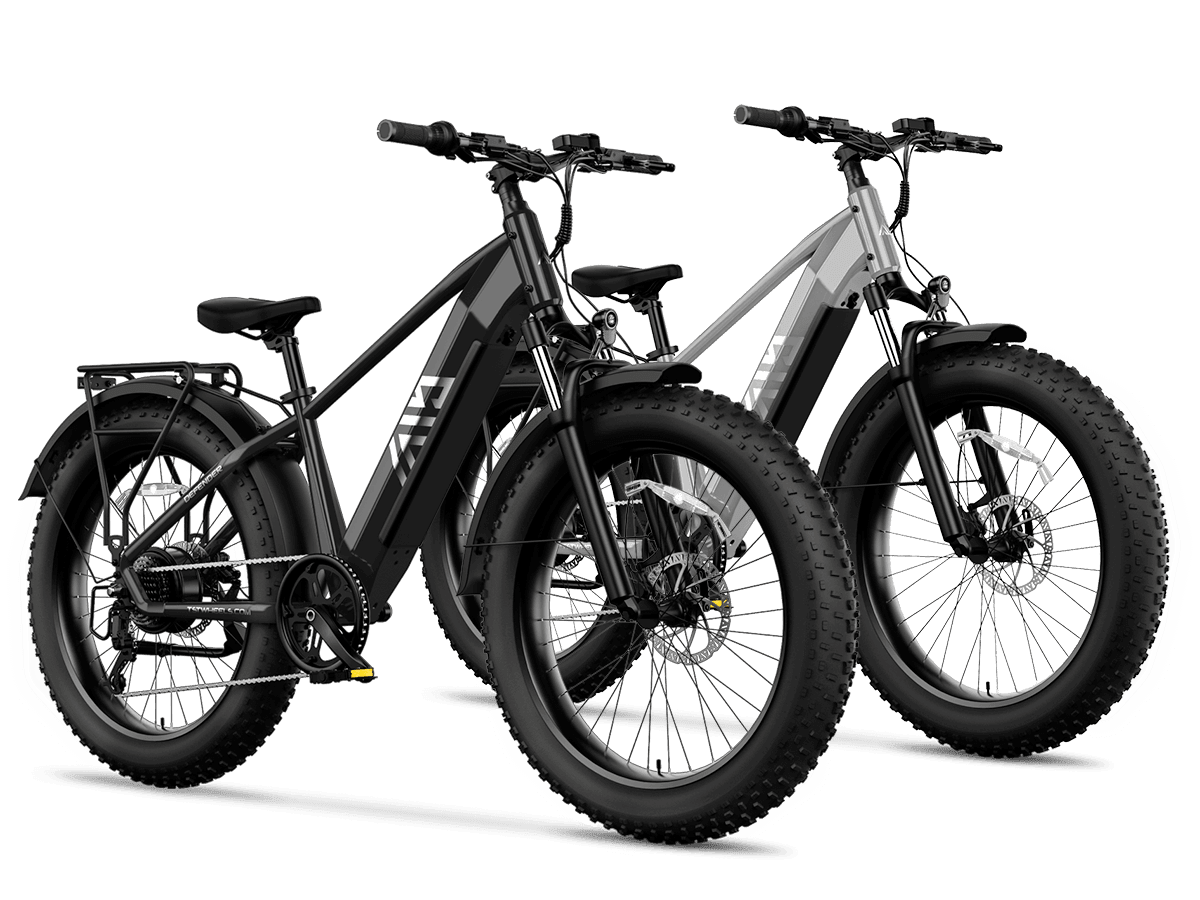
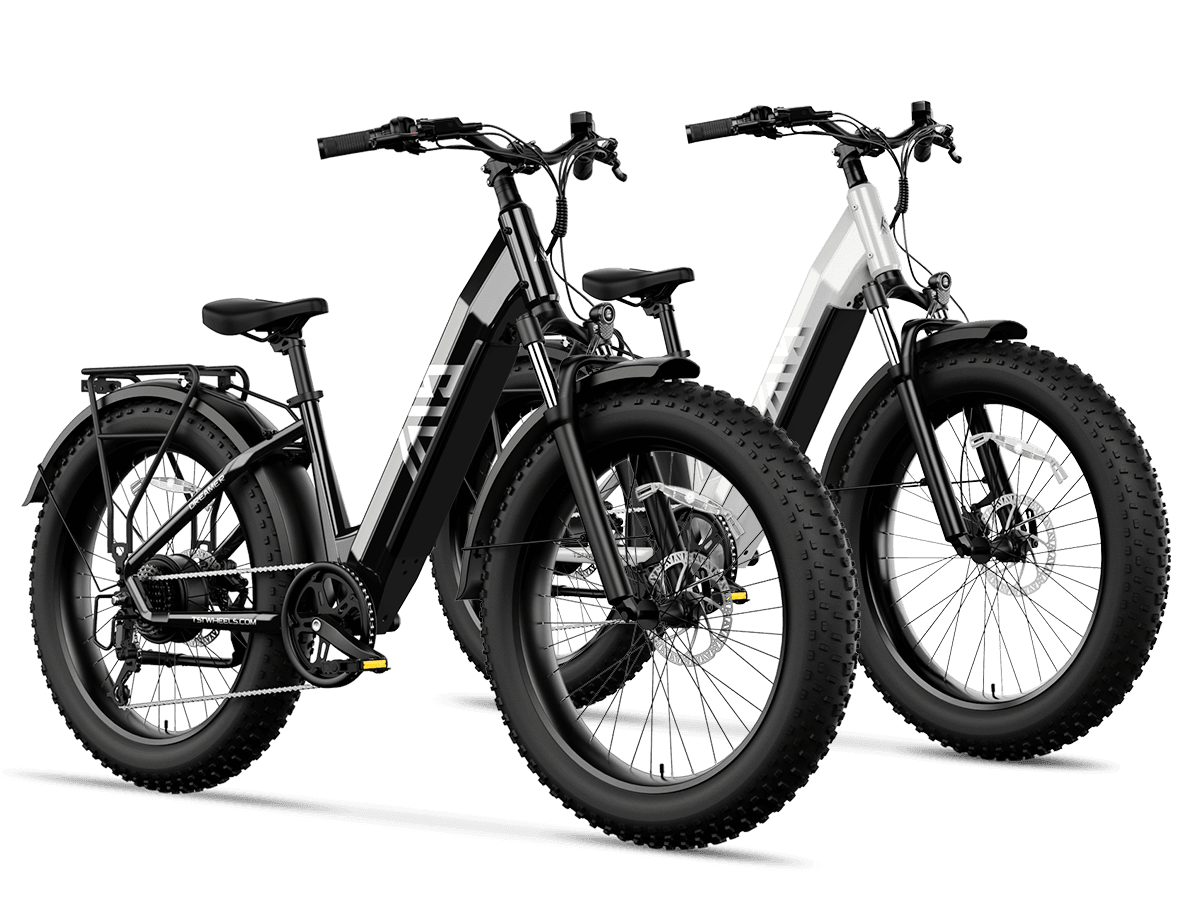
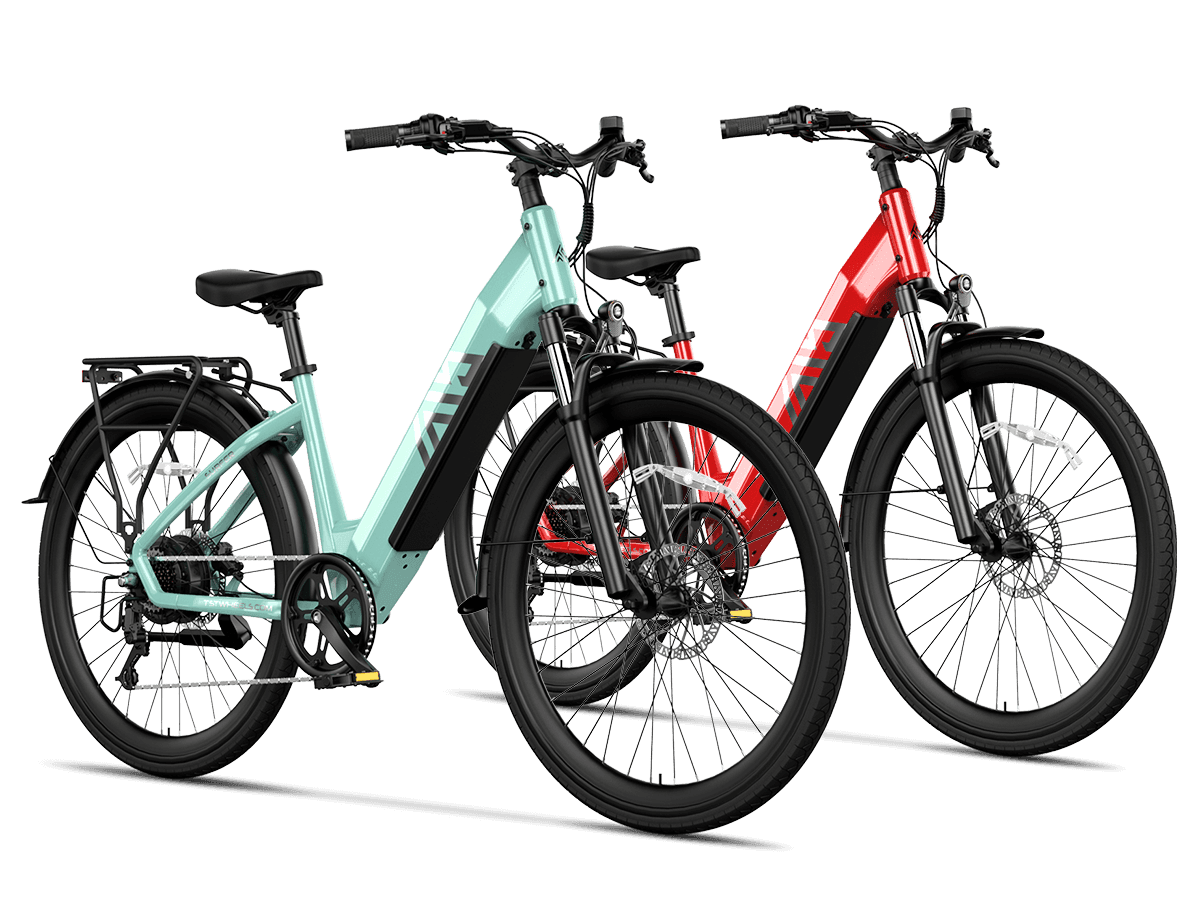
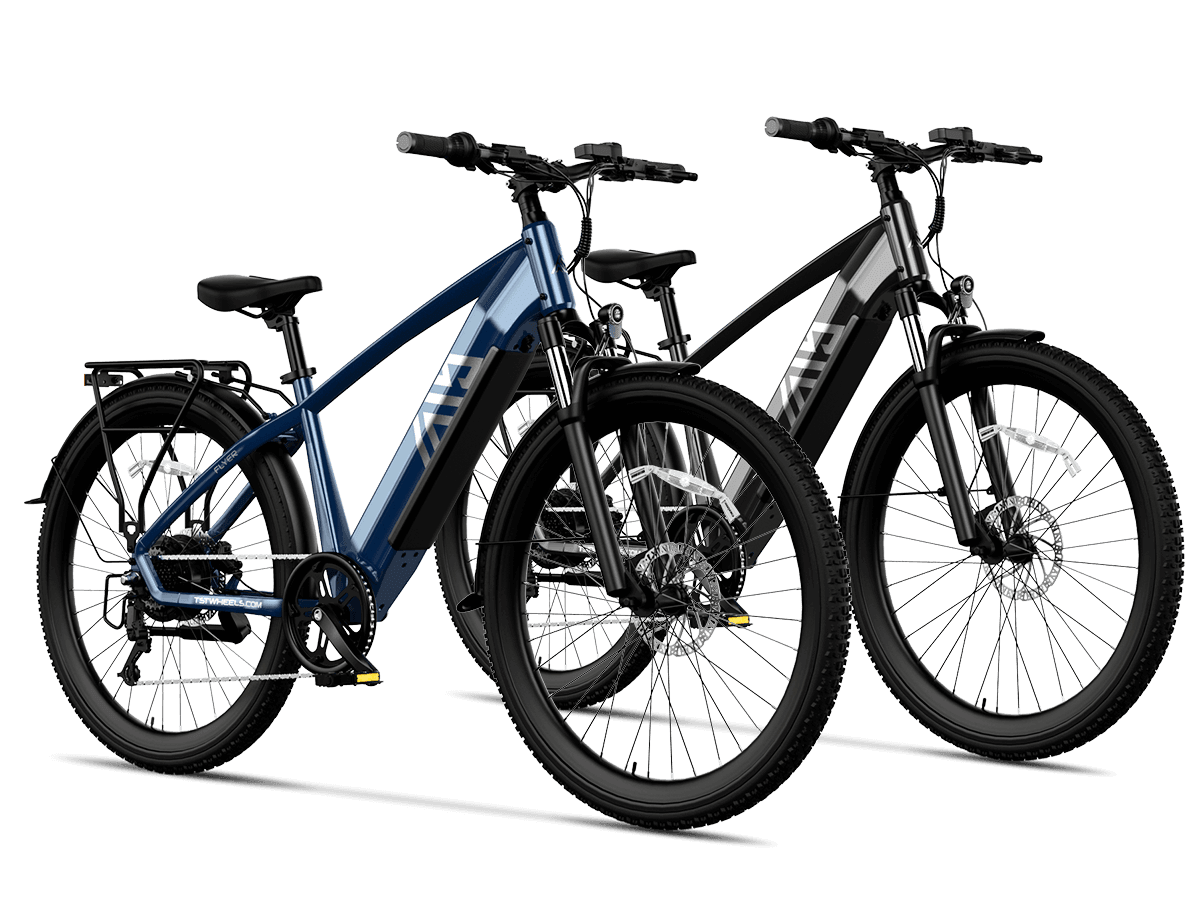
Leave a comment
This site is protected by hCaptcha and the hCaptcha Privacy Policy and Terms of Service apply.